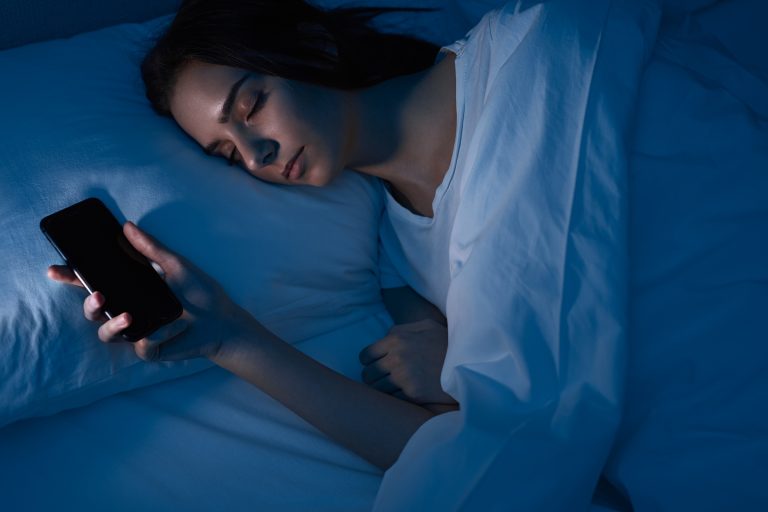Sleep is medically important. It is how your body repair your DNA. It improves glucose metabolism. It helps regulate blood pressure. If you’re not sleeping enough, it’s hurting your body.
Sleep also plays a substantial role in psychological health. It plays a role in emotional response and regulation. It strengthens the part of the brain responsible for problem solving and decision making. It contributes to stress reduction and resilience. Individuals that do not get enough sleep are more likely to develop anxiety, depression, and other mental health conditions.
But many of us also struggle with sleep, and – despite how important sleep is for reducing symptoms of anxiety and depression – those with anxiety and depression are also less likely to be able to sleep.
How Do Mental Health Issues Cause Insomnia?
The relationship between sleep and mental health is often cyclical. Poor sleep leads to poor mental health outcomes which leads to poor sleep, and so on. It can also interfere with treatment, as it’s hard to focus on the behaviors and actions that you need to do if you are unable to sleep and focus and even more difficult to feel like your mental health is under control.
Paying attention to your sleeping schedule and habits is very important as you are trying to gain more control over your mental health. Different mental health conditions contribute to insomnia and poor sleep quality in different ways, but some of the reasons that you may not be able to sleep include:
- Stress Hormones – Stress hormones seem to affect the sleep initiation cycle.
- Neurotransmitter Imbalance – Imbalances in your neurotransmitters can disrupt the sleep/wake cycle.
- Active Mind – Anxiety leads to hyperarousal and heightened vigilance, which makes it difficult to calm the mind enough for sleep.
- Worry – Similarly, worries can make it harder to focus on resting.
- “Vegging Behavior” – When we’re overstressed, we have a tendency to do activities that we distract relax our mind, like scrolling out phones or watching TV. But these can also keep people awake.
- Physical Distress – Mental health issues can cause muscle tension, rapid heartbeat, trouble breathing, and aches/discomforts that all make it harder to relax and fall asleep.
- Sleep Related Anxiety – People with anxiety and depression may start to have death fears (for example, dying in ones sleep) or find the process of falling asleep to cause anxiety.
We need our lives to be in a healthy state of relaxation if we want to make sure that we can sleep comfortably. But psychologically and neurobiologically, our mental health can keep us awake. This means that we need to address not only our anxiety in therapy, but also consider the possible lifestyle changes that may be necessary in order to improve our mental health and our quality of life.
For more information about mental health and sleep, or to get started with therapy, contact Long Island Counseling Services, today.

